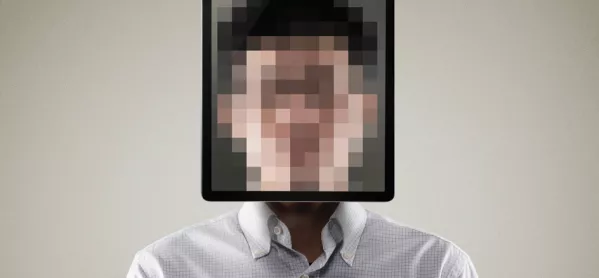Several recent studies have begun to cast doubt on digital technology’s capacity to improve educational outcomes. Over-exposure to computers and mobile devices, and ever-increasing ‘screen-time’, could even obstruct a student’s progress.
Teachers are used to bandwagons veering suddenly off-course (or even going into reverse). Much of what was first heralded as an educational step-change ends up as the swing of a pendulum. So the recent spate of criticism of ‘Edtech’ was to be expected.
Simply adding a new resource, or a new tool in the teacher’s kit, will not necessarily lead to change in pedagogy or outcomes. It is, as always, what you do with it that counts. But it’s one thing to say that the effect size is small; it’s quite another to claim that technology might actually impede learning.
One of the dimensions of this discourse is that over-dependence on digital devices is felt to contribute to a decline in attention-spans. The ability to access information with unprecedented speed, and switch between tasks in a click, invites comparisons between skating and diving. Young people, it seems, no longer have the patience to apply themselves for long to something.
Yet thinking deeply about a complex issue demands the ability to stay on-topic, with sustained interest and concentration.
In 2012, an article in The Atlantic magazine described a New York school’s cross-curricular initiative focused on extended writing, encouraging students to stretch their thinking by constructing more complex sentences. Coordinating conjunctions (for, and, or, yet, so) allowed students to link and expand ideas, helping them to consolidate deeper understanding. Dependent clauses activated by words like although and despite encourage students to think more deeply and express themselves in a nuanced way.
Many of us have grappled with GCSE mark-schemes requiring top-mark candidates to explain their thinking, adding qualifiers and case studies, and developing their ideas by making links. The injunction ‘show your working’ applies across the curriculum, requiring the ability to demonstrate higher order thinking through more sustained, sophisticated writing.
The same results can be achieved by careful attention to talk in lessons. An unexpected obstacle arises in the inspection-induced perception that a great lesson has to be pacey - sometimes taken to mean moving quickly through a topic, with pressure to ask closed questions to establish understanding and then move on, rather than dwelling on a topic and exploring it at depth. High-energy, effective lessons don’t have to be like a strobe light; they might better approximate a laser.
To be fair, concern about gnat-like attention spans pre-dates the proliferation of mobile devices. Let’s be even fairer: digital technology need not be the enemy of extended thought and deeper thinking. Kieran Egan (of ‘Learning in Depth’ fame) advocated the sustained focus on a selected topic personal to an individual student over several years, with the student becoming ever more expert in her chosen area. Sustained study of this sort can be encouraged, even transformed, by the creative use of digital devices - in research, in analysis and in presentation.




